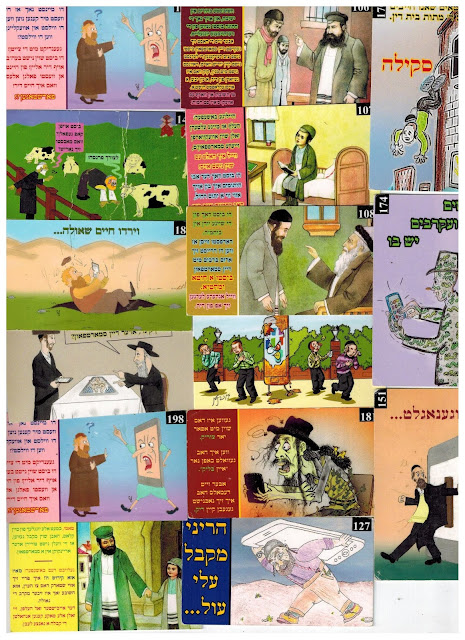Trust in the mass media is at an all-time low. Two-thirds of Americans believe the mainstream press publishes fake news.
Yes, there’s still much good journalism to be found, if you know where to look. Yet, ask reporters who’ve been around a while, and many will tell you that a lot of good journalism is being left unpublished. Good journalists hate what’s happening to the news.
We have only ourselves to blame.
Firewalls that once strictly separated news from opinion have been replaced by hopelessly blurred lines. Once-forbidden practices such as editorializing within straight news reports, and the inclusion of opinions as if fact, are not only tolerated; they’re encouraged.
We’ve exempted ourselves from the normal rules that used to govern us, and so the most egregious kinds of reporting errors are becoming more common. Formerly well-respected news organizations and experienced national journalists are making the sorts of mistakes that aren’t tolerated in journalism schools. When their mistakes are corrected at all, it’s with little seeming regret. And the corrections never garner a circulation as wide as the original salacious narrative.
Special interests understand this, as they peddle tasty bites of scandalous, dubious information, hoping one major news organization or popular blog will bite.
When fact errors are exposed, there are rarely any visible consequences for the offender. In fact, if anything, these figures often seem to gain more prominence. Colleagues cheer on the editorializing and misreporting, and management rewards it. Many news organizations have come to resemble the fact-starved blogs they once took pains to remain separate from.
As journalists, we’re supposed to sort through press releases, talking points and propaganda, using them only to the extent they enlighten us as to what special interests want to believe: Is it true? Is it the whole story? Who wants you to think it and why? Are they trying to deflect attention from other facts or a more important story?
Finding these answers is a basic part of our job.
Instead, we’re willing repositories for all kinds of narratives. We report — as if news — press releases from the government, corporations, special interests or nonprofits (that are often undisclosed fronts for political and business interests). They influence us with help from public relations groups, law firms, super PACs, “big data analysis” companies, think tanks, nonprofits, and LLCs. They pay “journalists” to write their “news stories” and then have them published on partner blogs and quasi-news sites, where they get circulated on social media and picked up in the mainstream. Whether through ignorance or turning a blind eye, we’re not asking the questions we ought to be asking about the forces generating the “news.”
It was equal parts predictable and inevitable. For a decade or more, we’ve increasingly invited corporate and political interests into our newsrooms. We plaster the news with pundits without fully disclosing their paid interests, as they deliver talking points du jour that are neither spontaneous nor insightful — but always on message. Some of these figures are given key roles as managers, reporters and anchors; offered access to internal editorial information. And because we allow ourselves to be tools of all sides, we call it fair.
Many Americans are eagerly watching the devolution of traditional news with relish because they agree with the prevailing narratives, whether based on true facts or imagined fiction. But others are growing skeptical of nearly every news item they see or read. Some have stopped consuming news altogether.
That serves the goal of the interests that are pulling our strings. It’s in the PR playbook. If they can do nothing more than confuse an issue, they’ve accomplished their mission. They throw so much information into the mix that ordinary people disregard all of it, including the truth that would have damaged the interests.
I think there are millions of people, particularly those who live outside of Washington, D.C., New York City and Los Angeles, who would like their news straight up: News that they don’t have to discount because they’re placing odds on the political and corporate interests of the reporters. Yet, we don’t hear these desires because we’re trapped in an echo chamber of our own creation.
I’m commonly asked, “Can ‘the news’ be fixed?” In simple terms, there are two components necessary to do so: We must correctly identify (and admit) our problem, and then take steps to correct it.
We have yet, as an industry, to take step one.
Sharyl Attkisson (@SharylAttkisson) is an Emmy-award winning investigative journalist, author of the New York Times bestsellers “The Smear” and “Stonewalled,” and host of Sinclair’s Sunday TV program “Full Measure.”
From The Hill, here.

